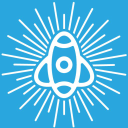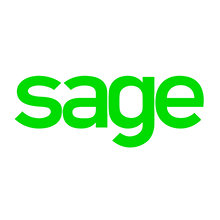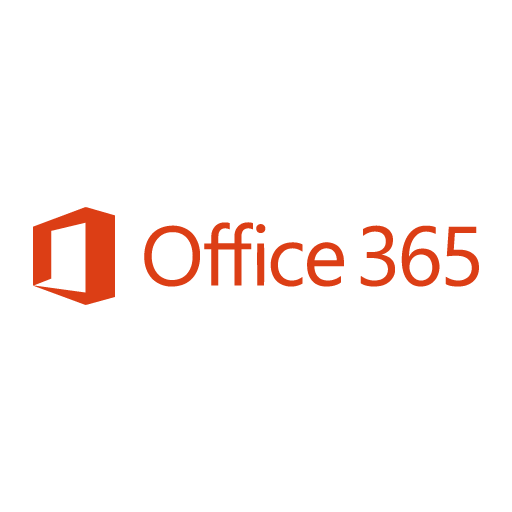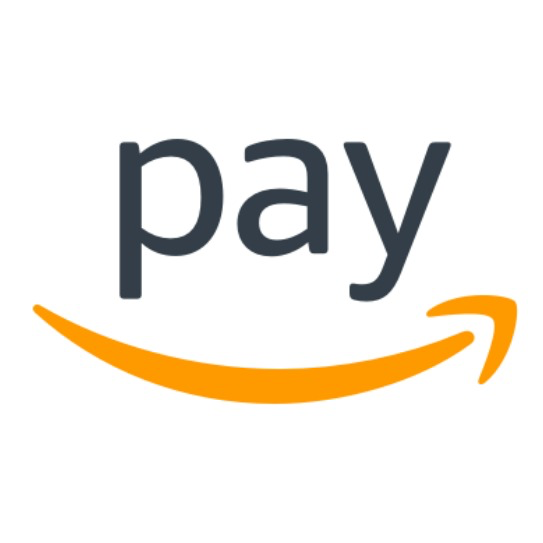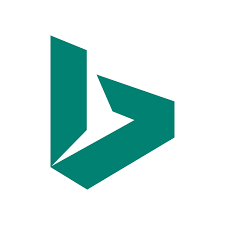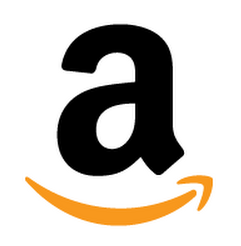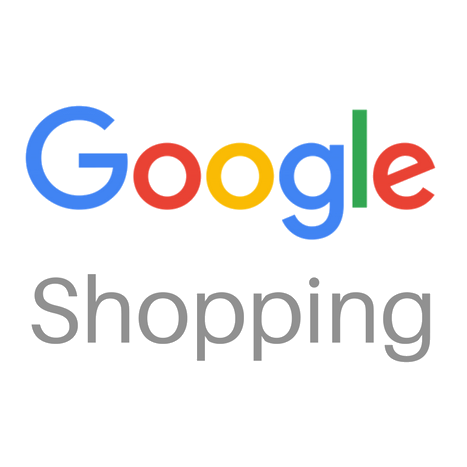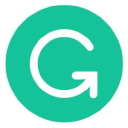$3.6M Per Year Selling Luxury Italian Leather Bags
Hello! Who are you and what business did you start?
I’m William Scott Forshaw and I am the founder and CEO of Maxwell-Scott. Maxwell-Scott is a British-born luxury leather goods company for the refined professional seeking timeless design and high-quality craftsmanship. As a brand, our ethos is to support slow fashion by creating impeccably-made leather pieces for our customers to cherish and pass on through the generations.
As such, we handcraft our products from the finest vegetable-tanned full grain leather in Tuscany. This antidote to fast fashion with a focus on workmanship and only the finest materials began when I noticed that some of the professionals that I was working with would carry a plastic bag to work every day. It was then that I noticed a gap in the market to supply corporate London clients with high-quality, functional briefcases. So, in 2002 I launched Maxwell-Scott.
Unsurprisingly our flagship product was the Paolo3 - a classic 3-section leather briefcase with an Alce cast alloy lock and detachable/adjustable shoulder strap. It remains one of our best-selling briefcases, and though it has been revamped several times, the functional design and timeless aesthetic prevail. For me,...



